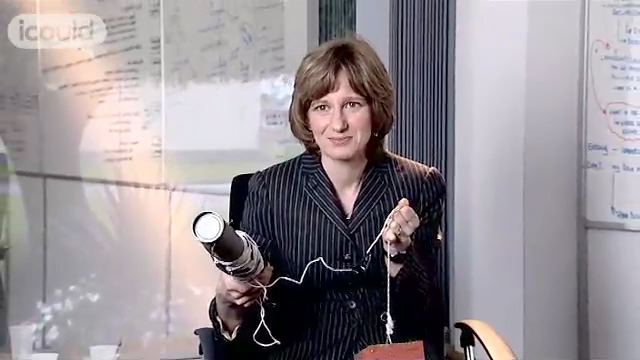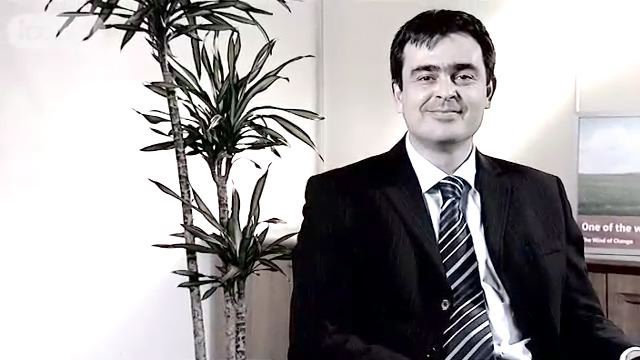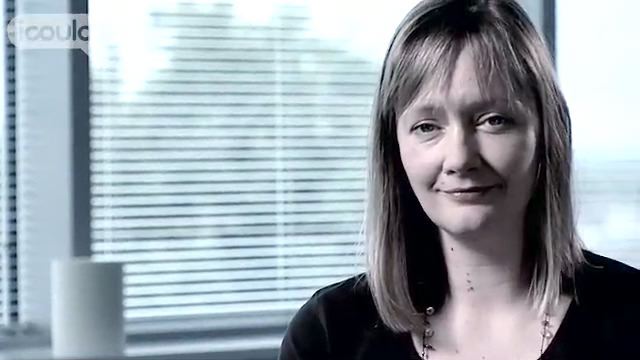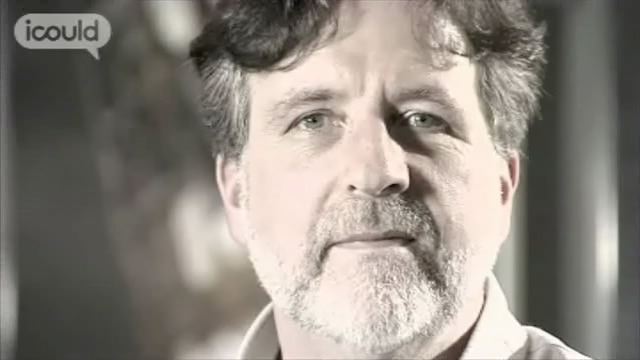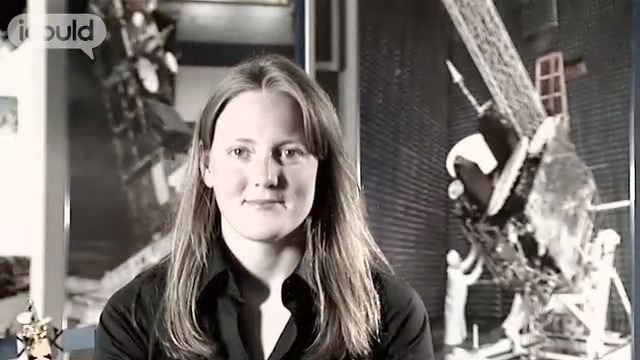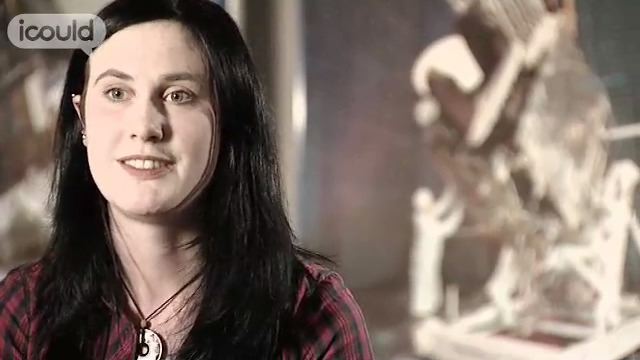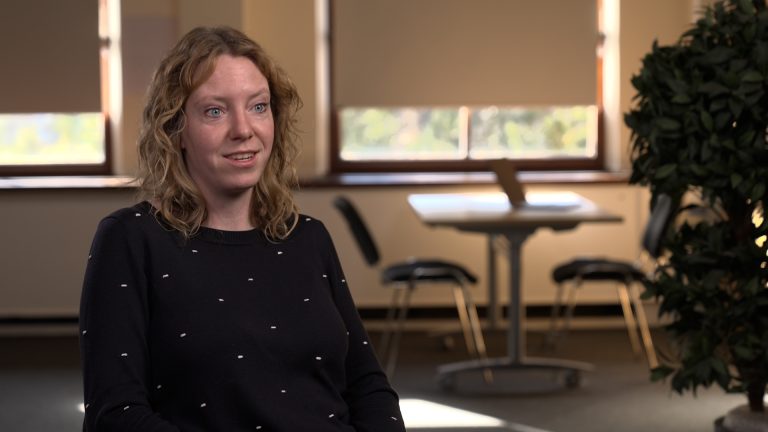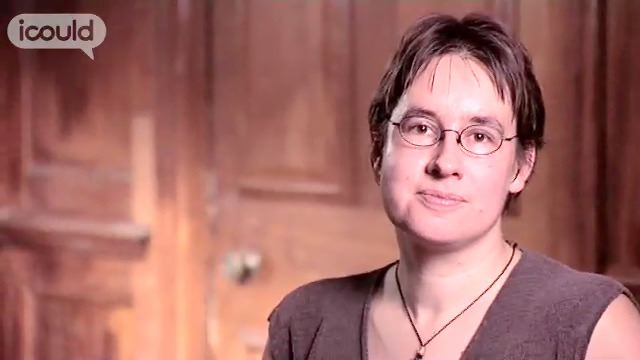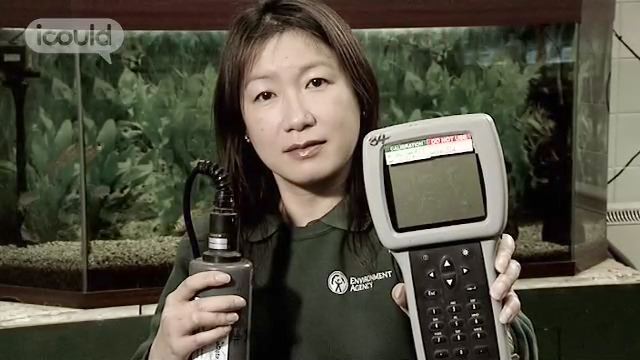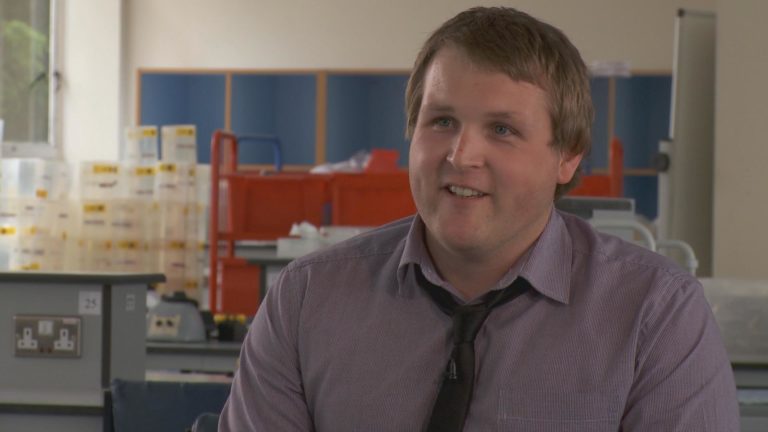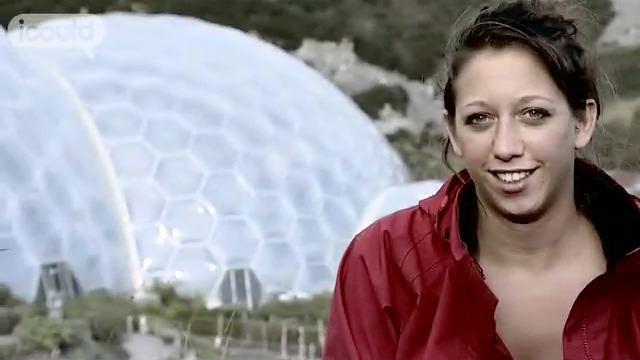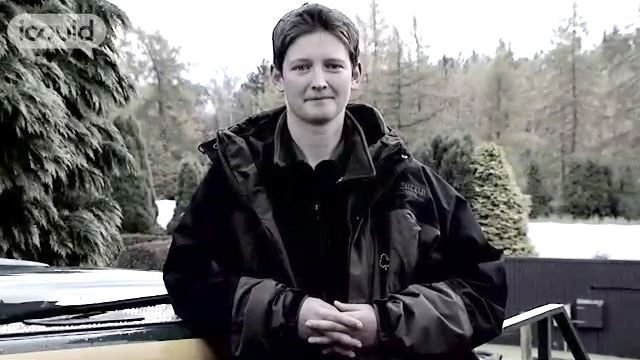Principal Consultant
Met Office
Matt He
00:02 My name’s Matt H and I’m Principal Consultant on climate change at the Met Office.
00:07 Well it involves a lot of climate science and communicating that climate science to a huge diversity of different customers, so, in the business world in the public world. We provide weather not just to the UK weather forecasts and insight into climate but for the whole globe and weather is inherently a global process and so we support our military all over the world, we provide half the world’s airline forecasts above 10,000 feet and of course the BBC and media contracts like that.
00:38 It wasn’t my aim but it started with an interest in I guess the nerdy stuff as a teenager in science and physics and science fiction and such like that led me into studying physics at University.
00:55 School was great, I mean I wasn’t doing back flips I had always something to do in the evenings, whether it was music or it was the scouts or it was you know Dungeons and Dragons or it was you know whatever else we were doing, it was just part of a round life as I had growing up it was great but I didn’t dislike school, put it like that.
01:15 When like 15, 16, 17 in the Venture Scouts I think the Venture Scout leader perhaps really tried to push a lot of us out of shells and to make us develop some skills there, I think he probably had a bit of influence. Well I remember asking my mother when I was 17 about whether to go and study psychology because as I said I was always interested in the nature of consciousness and things like that which is a big topic in science nowadays or to go and study physics and she was a nurse and I think she thought it might be more healthy for me to study physics in the long run, so that was her opinion and that may have influenced me at university to go and do physic, but otherwise I think you know a fascination with computing and Star Trek and Star Wars led me in that direction of understanding science.
02:07 I mean if we look at the met office today we generally don’t hire generalists, we don’t hire geographers so often or people who do environmental scientists we hire mathematicians, physicists, chemists, biologists even because those core skills are things that are very hard to learn as you get older.
02:26 I actually wanted an antidote to the ivory towers after all that studying and I ran off to Kathmandu and taught in a school for a year. It’s like many teenagers and you know people a bit younger you want to explore the world and such like. I’m not really much of a tourist, as ticking off different places to see around the world so I decided to stay in one place and I had a great interest in Asian philosophy and particularly Buddhist philosophy at the time and it seemed like a good place to stay for a year so I had an opportunity to go and teach in a school there, teaching Nepalese children maths and science.
03:05 Still hold very strong memories from that year because it combined such extremes of poverty with such delightful experiences of the kind of happiness of the people there, the beauty, the challenges you know and when you’re have to walk over an open sewer on the way to work every morning, but on the other hand the joy and the benefit that kids get from the, you know seeing new science and the kind of education, it’s very rewarding to do something like that.
03:33 In the end of the day every job you ever will do is about people and no matter how, you’ll always have a boss or you’ll have people to manage and things and those skills are perhaps the most important to develop as one is, when one’s younger as well because they are incredibly invaluable as one gets older to have those wide range of ties one can wear in a sense you can adapt to different situations.
03:58
Matt H is Principal Consultant on climate change at the Met Office. He says, “We provide weather not just to the UK weather forecasts and insight into climate but for the whole globe… we support our military all over the world, we provide half the world’s airline forecasts above 10,000 feet and of course the BBC and media contracts like that”.
More information about Biochemists and biomedical scientists
The UK average salary is £29,813
There are 37.5 hours in the average working week
The UK workforce is 47% female and 53% male
Future employment
- Studies the chemical form, structure, composition and function of living organisms
- Identifies and studies the chemical substances, including microbial infections, involved in physiological processes and the progress of disease
- Performs tests to study physiological and pathological characteristics within cells and other organisms
- Researches the effects of internal and external environmental factors on the life processes and other functions of living organisms
- Performs tests to help clinicians diagnose and treat various conditions, evaluates existing treatments and researches new ways to treat diseases
- Researches, develops and quality checks new products in the pharmaceuticals, food production and agricultural Industries
